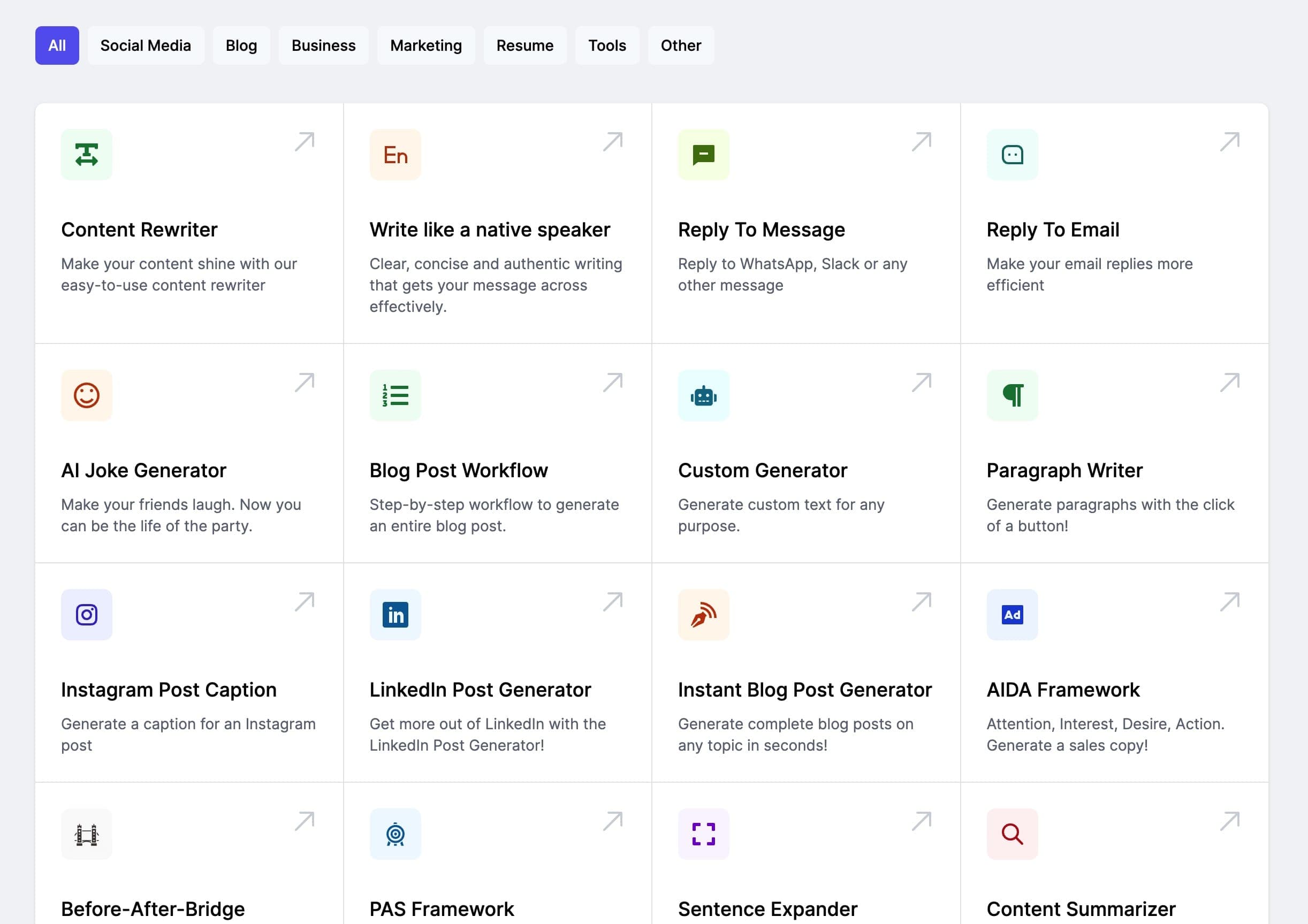اصدار التراخيص العقارية
تحليل SWOT لاصدار التراخيص العقارية
القوة (Strengths):
عملية اصدار التراخيص العقارية تسهل عملية التنظيم والرقابة على القطاع العقاري.
تسهم في تحقيق الشفافية والنزاهة في صفقات العقارات.
تعزز الثقة بين المستثمرين والعملاء في سوق العقارات.
الضعف (Weaknesses):
قد تواجه عملية اصدار التراخيص العقارية تأخيرات بسبب البيروقراطية والاجراءات القانونية المعقدة.
قد يحدث عدم توافق واضح بين الجهات المختلفة المسؤولة عن اصدار التراخيص العقارية مما يؤدي إلى تأخير في الإجراءات.
الفرص (Opportunities):
يمكن تحسين عملية اصدار التراخيص العقارية من خلال استخدام التكنولوجيا وتطوير البرمجيات الذكية لتسهيل الاجراءات وتقليل الوقت والجهد.
يمكن تطوير خدمات مساعدة للمستثمرين والعملاء في فهم الاجراءات المطلوبة وتوجيههم لتحقيق احتياجاتهم العقارية.
التهديدات (Threats):
قد يكون هناك تداخل مصالح بعض الجهات المختلفة المسؤولة عن اصدار التراخيص العقارية، مما يؤثر سلبًا على العملية ويزيد من التأخيرات.
يمكن أن يؤدي التهرب الضريبي والفساد إلى تضرر سمعة اصدار التراخيص العقارية والثقة فيها.
الاستنتاج:
عملية اصدار التراخيص العقارية لها قوة في تحقيق التنظيم والشفافية في سوق العقارات، ولكنها تعاني من تأخيرات بسبب البيروقراطية وعدم التوافق بين الجهات المسؤولة. هناك فرص لتحسين العملية عن طريق التكنولوجيا وتقديم خدمات مساعدة للمستثمرين والعملاء. ومع ذلك، فإن التداخل في المصالح والتهرب الضريبي والفساد يشكل تهديدًا لعملية اصدار التراخيص العقارية. يجب على الجهات المسؤولة اتخاذ إجراءات لتحسين العملية وتعزيز النزاهة والثقة فيها.
